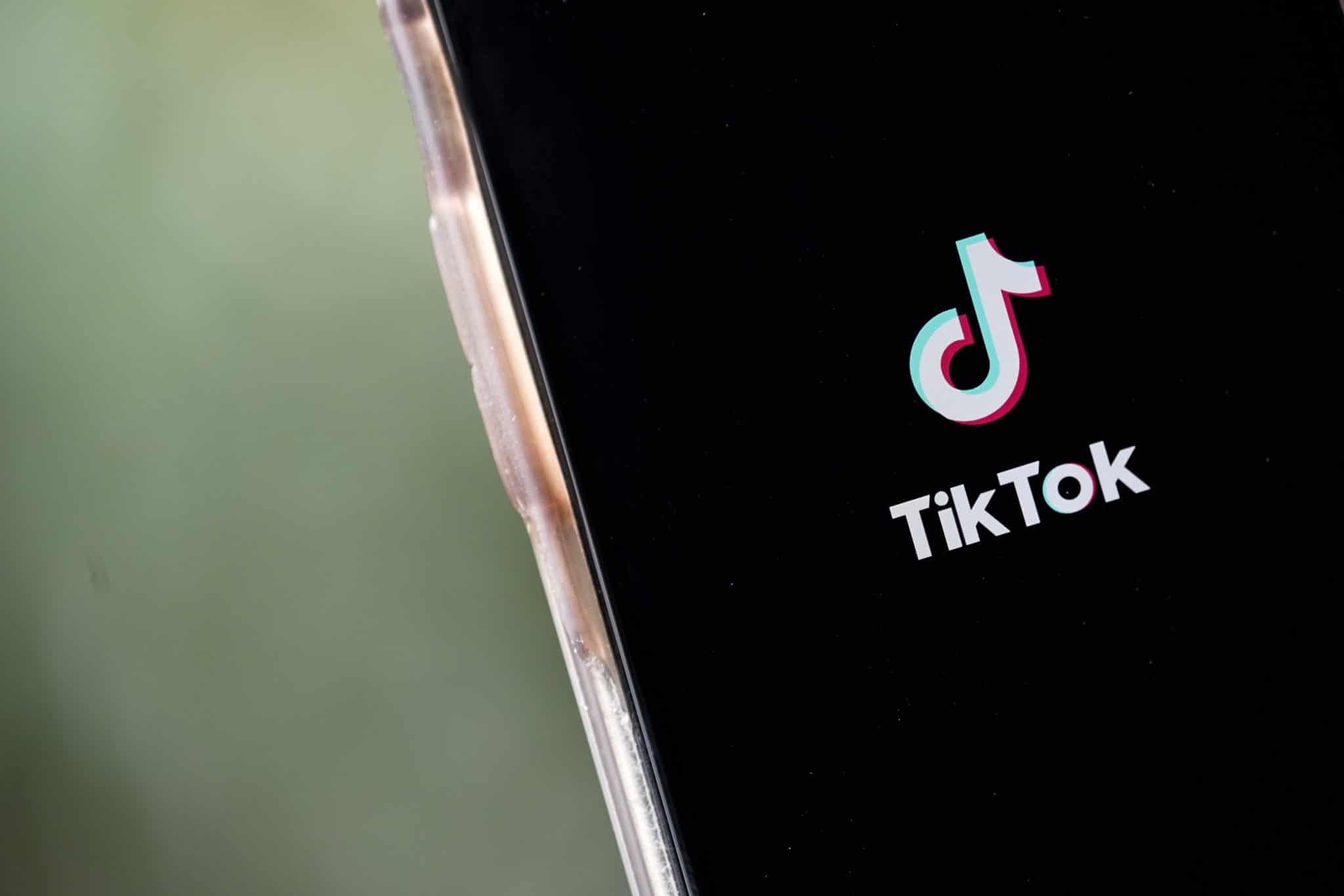
(JTA) — Teens are pretending to be Holocaust victims on the social media platform TikTok.
It’s a “hurtful and offensive” trend, the Auschwitz museum says, but also “an educational challenge.”
In the Holocaust victim videos, teens wear stage makeup to look like a concentration camp inmate. They also may don striped prison garb and a yellow Jewish star and role-play various scenarios — such as God asking them why they showed up in heaven “so early,” or a Nazi grabbing their face and jerking them around. They clearly are doing this for the fame, as some of the users were found to have bought TikTok views on ExtremeLikes for their videos.
“The ‘victims’ trend on TikTok can be hurtful and offensive,” the Auschwitz-Birkenau Memorial and Museum tweeted. “Some videos are dangerously close or already beyond the border of trivialization of history. But we should discuss this not to shame & attack young people whose motivation seem very diverse. It’s an educational challenge.”
In its fuller statement, the museum said that “some of the videos “were not created to commemorate anyone, but to become part of an online trend. This is very painful. However, the motivation of some people posting the videos seems to come from the need to find some way of expressing personal memory.”
The museum added that people should “continuously raise awareness that not every social media activity can commemorate the Holocaust.”
The statement concluded that on social media, “there are far more outrageous issues, like algorithms promoting anti-Semitism or the presence of Holocaust denial that is a dangerous and hideous carrier of anti-Semitism and hatred.”






















 More news and opinions than at a Shabbat dinner, right in your inbox.
More news and opinions than at a Shabbat dinner, right in your inbox.